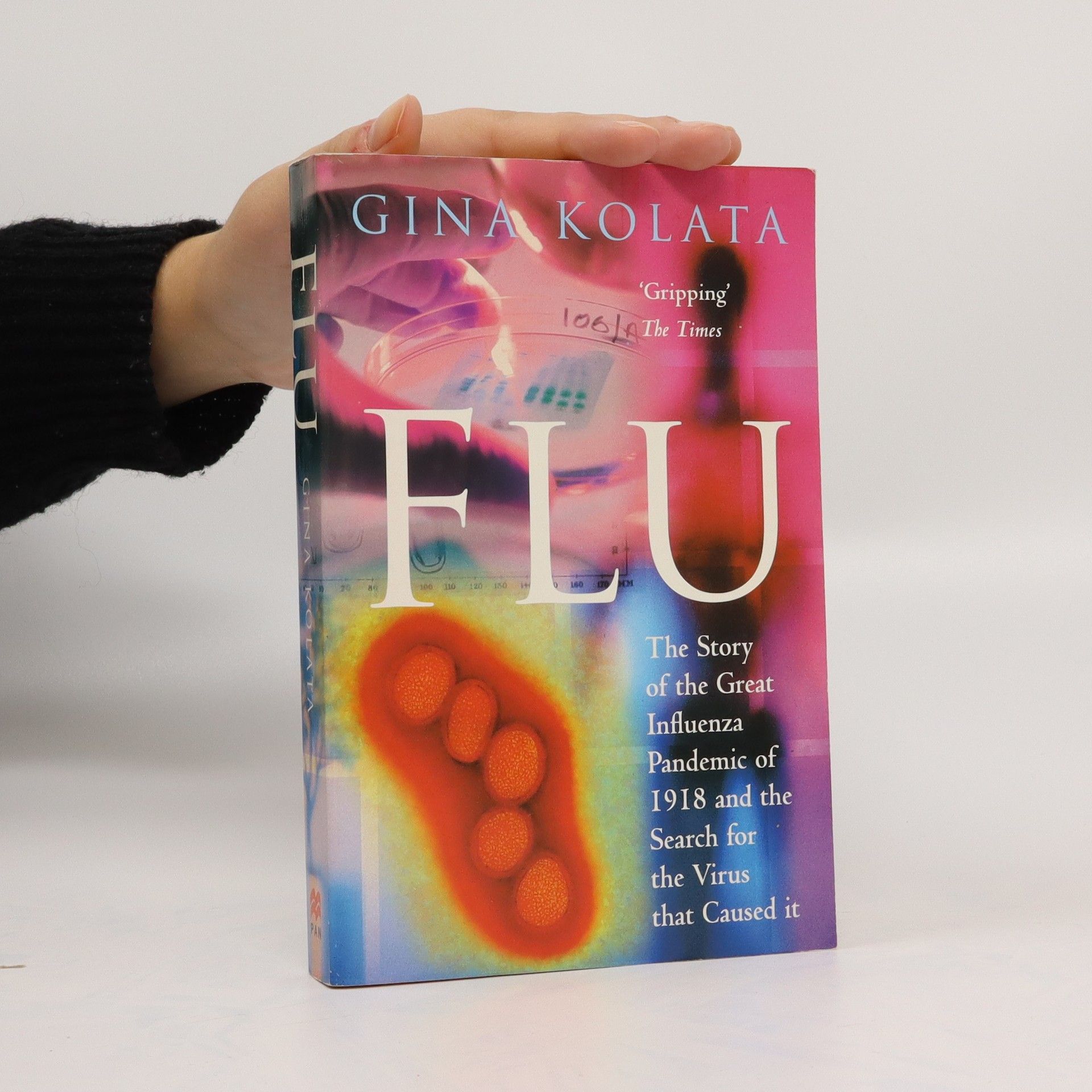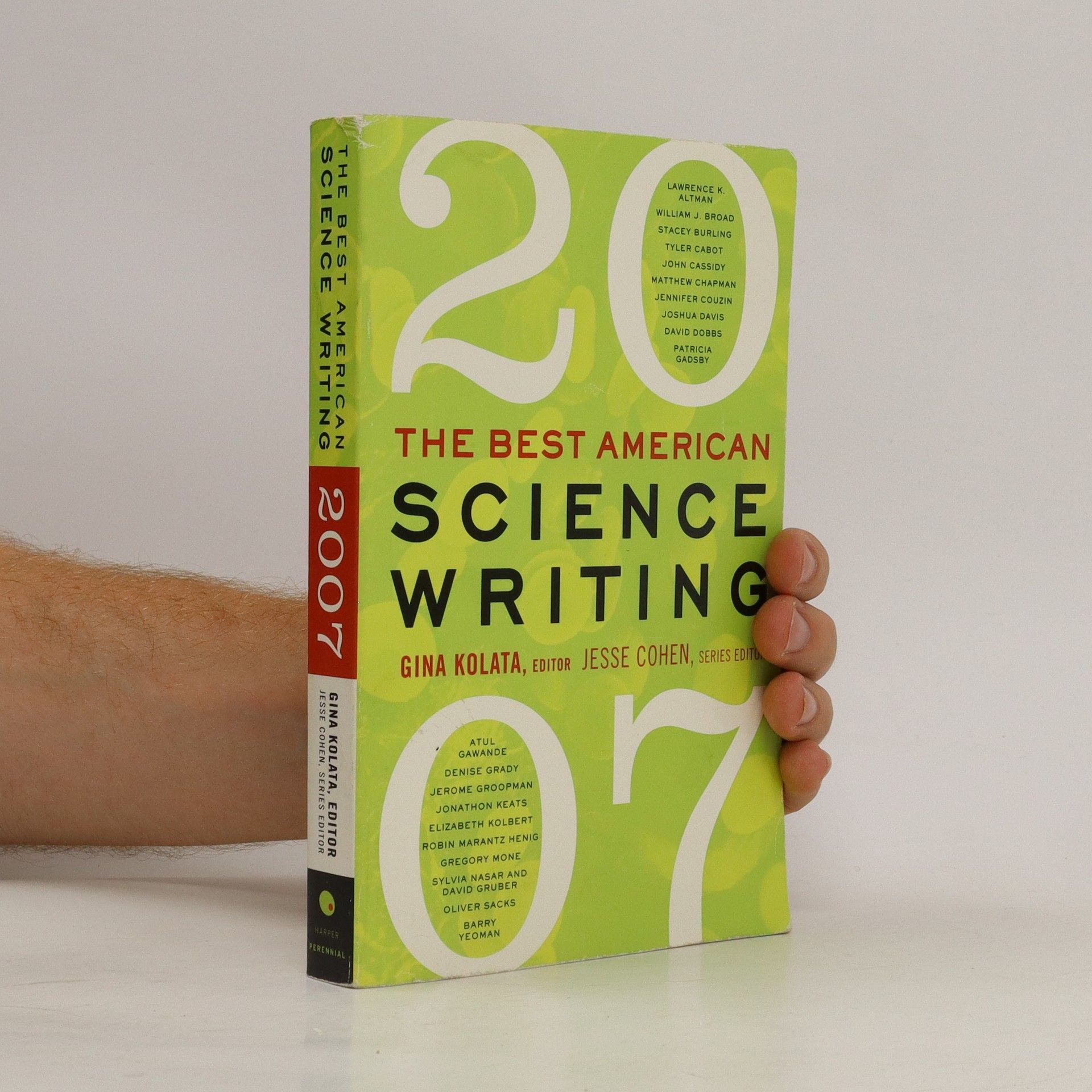Provocative and engaging, this collection brings together the premiere science writing of the year. Featuring the imprimatur of bestselling author and New York Times reporter Gina Kolata, one of the nation's foremost voices in science and medicine, and with contributions from Atul Gawande, Elizabeth Kolbert, and Oliver Sacks, among others, The Best American Science Writing 2007 is a compelling anthology of our most advanced, and most relevant, scientific inquiries.
Gina Kolata Boeken
Kolata schrijft met wetenschappelijke precisie, duikt in de complexiteit van het menselijk lichaam en de wetenschap die het aanstuurt. Haar werk kenmerkt zich door een duidelijke en toegankelijke stijl, waardoor complexe concepten begrijpelijk worden voor een breed publiek. Door haar geschriften verkent ze de onderlinge verbondenheid van biologie, geneeskunde en persoonlijke verhalen om wetenschappelijke vooruitgang en de impact ervan op menselijke levens te belichten. Kolata streeft onvermoeibaar naar het begrijpen en communiceren van de diepgaande vragen rondom gezondheid en wetenschap.



Flu
- 352bladzijden
- 13 uur lezen
A scientific history of the Great Flu Epidemic of 1918, which killed at least 40 million people. The author details the science and latest understanding of flu, examines the chances of a great epidemic recurring and explores what can be done to prevent it.
Im Februar 1997 ging eine sensationelle Nachricht um die Welt: Der amerikanische Embryologe Ian Wilmut hatte ein erwachsenes Säugetier geklont, das Schaf Dolly "geschaffen". Die Vorstellung, das Experiment könnte mit menschlichen Genen wiederholt werden, erregt seither die Gemüter. Gina Kolata, Mathematikerin und Molekularbiologin, gehört zu den wenigen, die Wilmut frühzeitig in sein Experiment einweihte. In ihrem Buch dokumentiert sie die zehnjährige Forschungsarbeit des Wissenschaftlers und gleichzeitig die Entwicklung der Gentechnik.